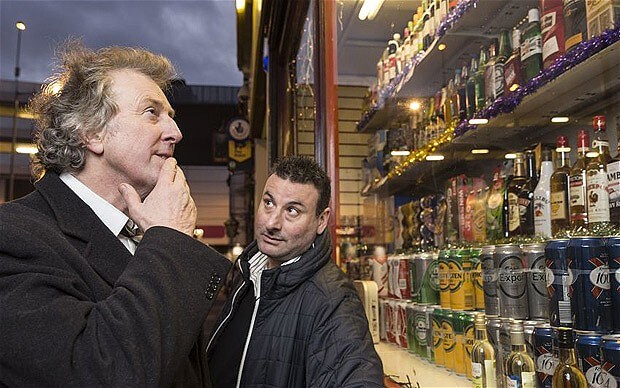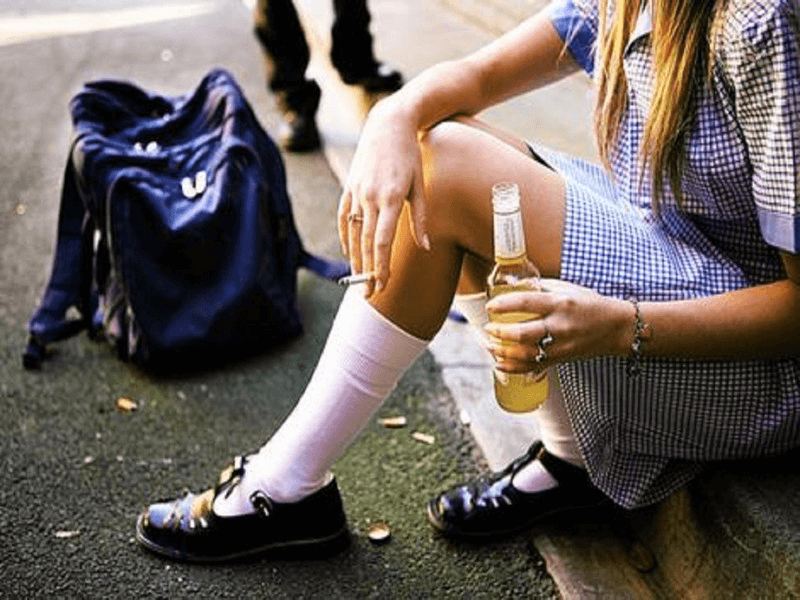
[cs_content][cs_section parallax=”false” style=”margin: 0px;padding: 0px;”][cs_row inner_container=”true” marginless_columns=”false” style=”margin: 0px auto;padding: 0px;”][cs_column fade=”false” fade_animation=”in” fade_animation_offset=”45px” fade_duration=”750″ type=”1/1″ style=”padding: 0px;”][cs_text]
Witnessing a family member or someone you care about succumb to an addiction of any kind – alcohol, narcotics, gambling, shopping / spending, sex / love / food, etc can be one of the most heart breaking things to witness, leaving you feeling powerless and hopeless.
You may attempt to help them, but more often than not, addicted individuals have become so dependent that they will do everything and anything in their power to maintain their current lifestyle. They may steal to financially support themselves, or they may commit violent or illegal acts to ensure their needs are met.
But there comes a point when family members and friends can see so clearly that they require a residential rehabilitation experience and they’re left with no choice but to demand their loved ones choose to attend such a facility.
Just like the previous acts of desperation, people with addictions, specifically alcohol or drug dependencies may say whatever they think they need to in order to help them avoid rehab. Manipulation tactics are usually employed by the addict to ensure they maintain their addiction rather than succumb to the family’s better judgment.
Though family and friends may be tempted to believe the words of their loved ones, remember that the main goal of confronting people about their addiction has to be to secure a permanent solution, usually found through a residential addiction treatment centre.
First of all, the biggest reason why people don’t access Residential Rehab is because of the costs and the usually very slow, tedious and bureaucratic process of accessing genuinely useful help and support via the local authority or other government agencies.
But for those families in a position to be able to afford rehab, please don’t miss the opportunity to help your loved one.
Remember, this though – the more expensive the facility, the nicer the conditions. There is little correlation between success results and the price of a centre. It’s far better to measure results by the length of stay, rather than the comfortable surroundings.
So we would always advise you purchase the longest treatment programme you can afford, rather than the most expensive. Furthermore, in the UK you can purchase some of the very best 12 week treatment treatment programmes for less than the standard 4 week establishments. A higher standard of luxury is nice, but it doesn’t mean you’ve got a better chance of success – merely more pleasant surroundings.
So, putting money aside, check out these three common excuses addicts may offer to avoid accepting the help we’re offering towards their addiction treatment.[/cs_text][/cs_column][/cs_row][/cs_section][cs_section parallax=”false” style=”margin: 0px;padding: 0px;”][cs_row inner_container=”true” marginless_columns=”false” style=”margin: 0px auto;padding: 0px;”][cs_column fade=”false” fade_animation=”in” fade_animation_offset=”45px” fade_duration=”750″ type=”1/1″ style=”padding: 0px;”][x_accordion][x_accordion_item title=”1. ‘I can stop whenever I want to.’” open=”true”]While some people develop debilitating drug and alcohol addictions that cause them to lose friends, jobs and everything else, there are also those addicts, often alcoholics, who are able to live a somewhat normal life despite their substance abuse. This is sometimes called “Functioning Addicts / Alcoholics”.
However, family and friends should not be fooled – addiction is addiction, and it is only going to contribute towards an early grave, prison or hospitalisation sooner rather than later, regardless of how successful the person may appear or present themself.
This excuse is known as “denial”.
People tend to lose perspective on how much their addiction affects those around them, even though they may ardently believe that they can stop whenever they choose to (although they never seem to make the decision to actually choose to stop), and the odds are that they will fail should they actually attempt to.[/x_accordion_item][x_accordion_item title=”2. ‘I know someone who went to treatment and relapsed, so why should I go?’” open=”false”]Unfortunately, the sad truth about drug and alcohol addiction is that it is a relapsing condition and there are many who actually attend rehab programmes and do relapse once they graduate. Often this is simply the “One More Time” syndrome, where by they believe that they need just one more experience before they’ll be ready to quit permanently, secretly holding onto the myth that this time will be different and will prove beyond doubt that they’re not actually an addict and can drink or drug or engage in their addiction without any pitfalls. They inevitably fail and fall straight back into their addictive patterns, often even more ferociously.
However, what this excuse really gets wrong is not that relapse is a good reason never to bother trying an institution such as a residential addiction treatment programme, but it’s more a thorough testament to just how difficult it is to break the cycle of addiction. It truly proves the point that addiction requires a full treatment episode in order to fully conquer it permanently.
Some therapists believe that relapse is a natural part of the recovery journey, and that people who recommit themselves to their recovery after a relapse event are even more successful at living healthy lives than ever before. After all, just because something like addiction treatment is difficult does not mean that it is not worth doing.[/x_accordion_item][x_accordion_item title=”3. ‘All my friends do drugs and drink alcohol. How am I going to have a good time once I’ve attended rehab?’” open=”false”]This is one of the more difficult excuses to address, and it’s particularly hard for the addict to believe you when you answer that a sober life is even better without substances, because they probably still associate pleasure and companionship with their drink or drug of choice. Furthermore, they may have genuine feelings of companionship with those who they have drunk and used drugs with. These drinking / drugging buddies often are undergoing their own addictive process and require one another to maintain their own addictive lifestyle, thus compounding the problem through collusion and enabling.
We should emphasise that most people in treatment have experienced a similar struggle of their own addiction, but yet here they are with a sincere desire to stop and stay stopped, thereby most likely creating a healthy environment for everyone to join in and discover the joys of recovery, potentially with very similar ways to enjoy themselves.
So, with such a guarantee of a peer group in treatment with similar sources of amusement, people may be more willing to give it a try[/x_accordion_item][/x_accordion][/cs_column][/cs_row][/cs_section][cs_section parallax=”false” style=”margin: 0px;padding: 0px;”][cs_row inner_container=”true” marginless_columns=”false” style=”margin: 0px auto;padding: 0px;”][cs_column fade=”false” fade_animation=”in” fade_animation_offset=”45px” fade_duration=”750″ type=”1/1″ style=”padding: 0px;”][x_widget_area sidebar=”ups-sidebar-contact-us-now-wide” ][/cs_column][/cs_row][/cs_section][/cs_content]











